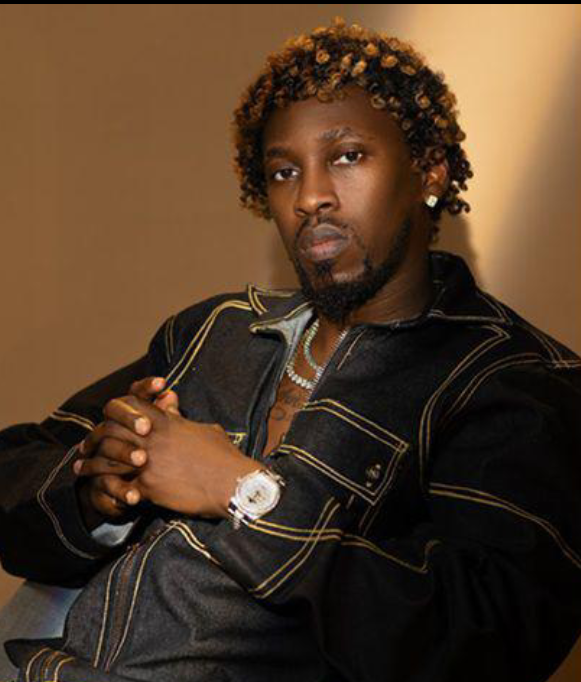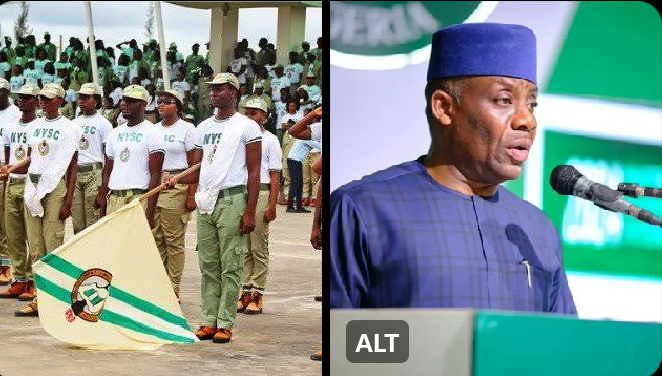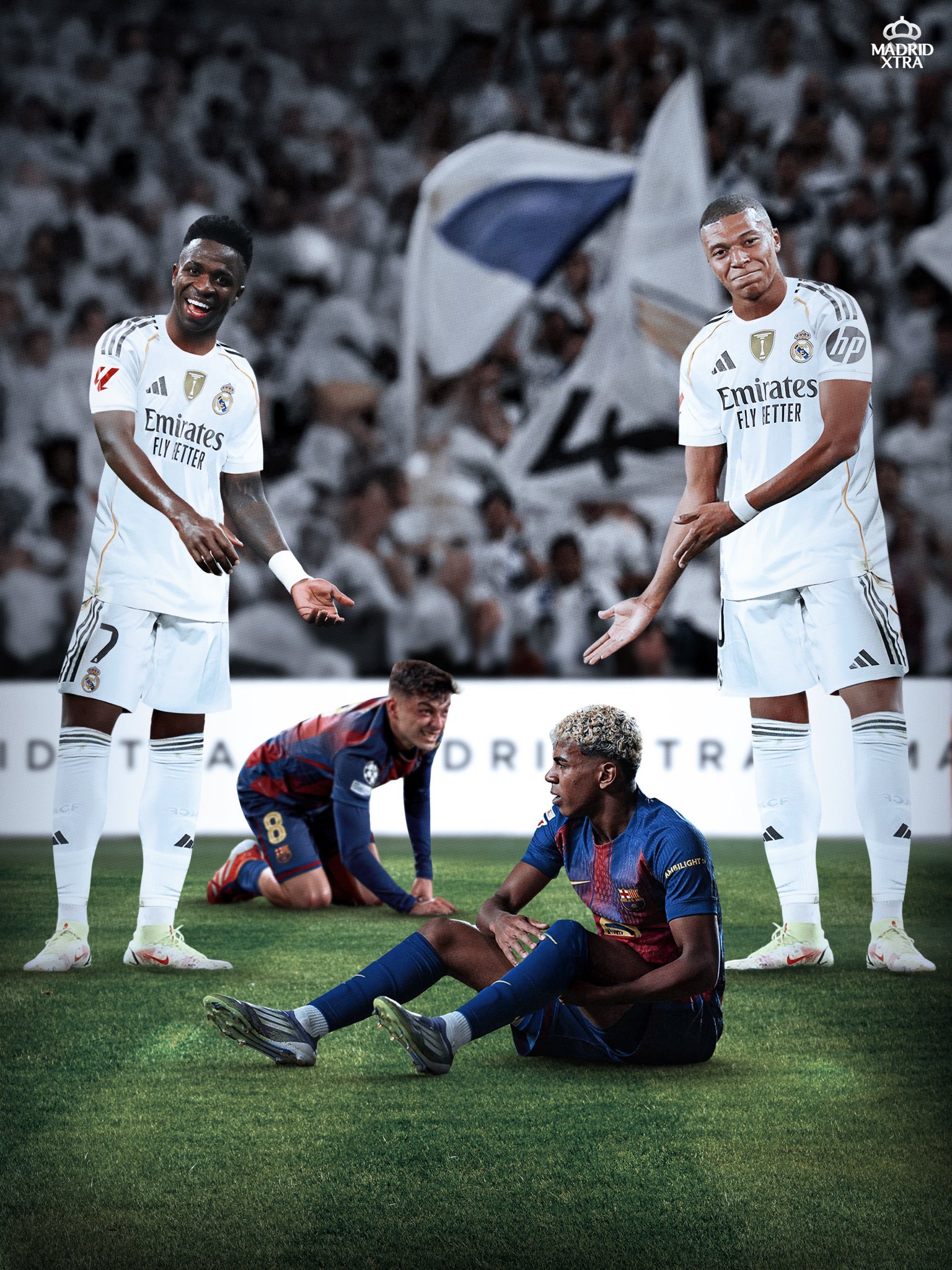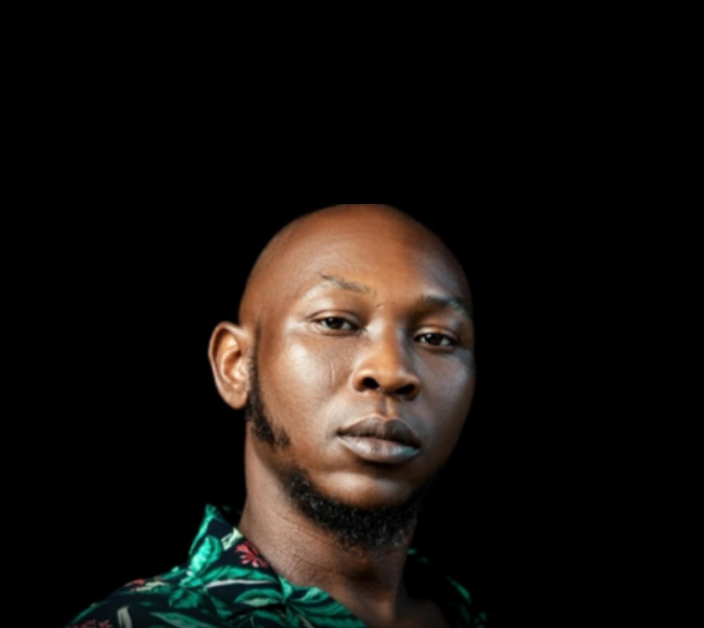
\"Orezi Cries Out: \'No One Was Held Accountable\'—Singer Blasts Nigerian Government Over Deborah Samuel’s Tragic Murder\"
In a heart-wrenching post that has stirred deep emotion across social media, Nigerian singer Orezi has revisited the brutal killing of Deborah Samuel, lamenting the government\'s silence and failure to bring justice to the young woman’s memory. The singer, known for his hit songs and outspoken nature, took to X
In a heart-wrenching post that has stirred deep emotion across social media, Nigerian singer Orezi has revisited the brutal killing of Deborah Samuel, lamenting the government\'s silence and failure to bring justice to the young woman’s memory. The singer, known for his hit songs and outspoken nature, took to X (formerly Twitter) to express his anger and heartbreak after watching a recent video of U.S. officials discussing Deborah’s case, a tragic reminder of Nigeria’s unresolved wounds.
“This happened and till today the Nigerian government did nothing about it. No one, absolutely no one was held accountable,” Orezi wrote, echoing the frustration of millions who still grieve the young student’s untimely death. His words cut deep, resonating with Nigerians who have long decried the culture of impunity that allows violence, especially religiously motivated attacks, to go unpunished.
Deborah Samuel, a student of Shehu Shagari College of Education in Sokoto, was lynched and burned to death in May 2022 by a mob of fellow students after being accused of blasphemy against Prophet Muhammad in a WhatsApp group. The incident sparked nationwide outrage, international condemnation, and renewed debates about religious tolerance, mob justice, and the protection of human rights in Nigeria. Yet, despite the widespread attention and the government’s initial promises to investigate, the case faded into silence—no meaningful prosecution, no closure, and no justice for the family left behind.
Orezi’s post reignited public outrage, forcing many Nigerians to reflect once again on how easily tragic events are forgotten in a country where justice often seems out of reach. “Young Deborah was burned to death, recorded, and published all over the internet,” he continued. “Truth is, Nigerian government needs to take the lives of its citizens serious. The recklessness needs to stop.” His tone carried both sorrow and fury—a raw, unfiltered cry that speaks to a collective pain many citizens have learned to internalize.
For Orezi, this wasn’t just about one incident; it was a symbol of everything broken within the system—an endless cycle of violence, negligence, and unaccountability that continues to claim innocent lives. “This particular incident pain me gan,” he said, using a mix of English and Pidgin that made the message even more relatable. “And a lot of this type of wickedness is happening on a daily and nothing is being done, sadly. No parent deserves this. Nigeria failed her same way they have failed so many citizens. It’s sad.”
His words have since gone viral, drawing thousands of reactions from fans, activists, and ordinary Nigerians who echoed his sentiments. Many applauded his courage to speak out, while others shared personal experiences of injustice, grief, and fear. The conversation has quickly become a national moment of reflection, not only on Deborah’s death but on the broader failure of leadership and accountability that defines the Nigerian justice system.
Deborah’s story remains one of the most horrifying examples of mob brutality in Nigeria’s modern history. She was accused by her classmates of making “blasphemous” comments during an online group discussion. Within hours, what should have been a normal day turned into a nightmare. Videos circulated online showing the gruesome act—her lifeless body engulfed in flames while a cheering mob filmed and celebrated. It was a sight that shocked the world, yet one that, in Nigeria’s troubling pattern, met with the government’s characteristic silence after a brief outcry.
In the aftermath, security forces arrested a few suspects, but reports suggest they were released quietly without trial. The Sokoto State government later urged calm, while religious and political leaders called for restraint. However, no substantial justice ever followed. For many, this was yet another signal that in Nigeria, human life can be taken without consequence, and outrage is quickly replaced with forgetfulness.
Orezi’s renewed outcry has forced many to remember what most would rather forget. His post reflects a growing frustration among Nigerian youths who have watched time and again as cases of injustice fade away, from police brutality during the EndSARS protests to ongoing killings in different regions. It’s a pattern that feels all too familiar—an endless loop of tragedy, outrage, silence, and then another tragedy.
“What Orezi said is the truth,” one user commented. “Nigeria does not value human life anymore. Deborah’s case was painful, and the fact that nothing was done is the reason more people will continue to act wickedly without fear.” Another user added, “If the government had made an example with Deborah’s killers, maybe things would be different today.”
Internationally, human rights organizations have long called out Nigeria’s lack of accountability in cases involving religious violence. Amnesty International, Human Rights Watch, and the U.S. State Department have all expressed concern over the government’s failure to prosecute perpetrators of such crimes. The recent resurfacing of U.S. officials’ comments about Deborah’s death reignited the conversation, and Orezi’s emotional reaction amplified it among Nigerians who feel increasingly abandoned by their leaders.
Beyond his emotional post, Orezi’s message carries a moral challenge—to leaders, to citizens, and to society itself. His call is not merely for justice for Deborah but for a broader cultural shift where life is respected and accountability becomes non-negotiable. His words, “The recklessness needs to stop,” echo a collective cry from millions who are tired of living in fear, tired of empty promises, and tired of watching their country crumble under the weight of unpunished evil.
Many have also drawn connections between Deborah’s case and similar incidents across the nation. From the killing of innocent Christians in the North to the violent attacks on Muslims in the South, Nigeria’s multi-religious fabric continues to strain under the pressure of intolerance and political manipulation. Yet, amid all the chaos, ordinary citizens like Orezi are stepping up, using their voices and platforms to demand a better nation.
The pain in his post is evident—a reflection of the heartbreak shared by many who have lost hope in the system. Deborah Samuel’s parents, still grieving their daughter, have rarely been heard from in recent years. Their silence, perhaps born out of exhaustion and disappointment, symbolizes the helplessness of countless families failed by a justice system that exists in name only.
Orezi’s message ends not just as a complaint but as a call to conscience. It challenges both leaders and citizens to remember that silence in the face of injustice is complicity. In a country where human lives are often reduced to numbers, where tragedies become trending topics before vanishing into the archives of collective amnesia, his post serves as a painful reminder that accountability remains the missing link between tragedy and healing.
As Nigerians continue to react to Orezi’s post, one thing is clear—the demand for justice is not just about Deborah anymore. It’s about the countless unnamed victims who suffered similar fates, about the parents who never saw their children again, and about a generation determined to speak truth to power, no matter the cost. Orezi’s words echo through the noise, simple yet haunting: “No one, absolutely no one, was held accountable.”
Share this post
Related Posts

Shockwaves as Education Minister Proposes Two-Year NYSC Programme
In a move that has sparked intense debate across the country, Nigeria’s Minister of Education,...

Mbappé and Bellingham Silence Camp Nou Hopes as Real Madrid Edge Barcelona in Fiery El Clásico
Real Madrid proved once again why they remain Spanish football’s unshakable giants, edging Barcelona 2-1...

“We’re All in the Game”: Seun Kuti Sparks Firestorm After Saying Humans Are Not Built for Monogamy
Nigerian singer, activist, and cultural commentator Seun Kuti has once again ignited a nationwide and...